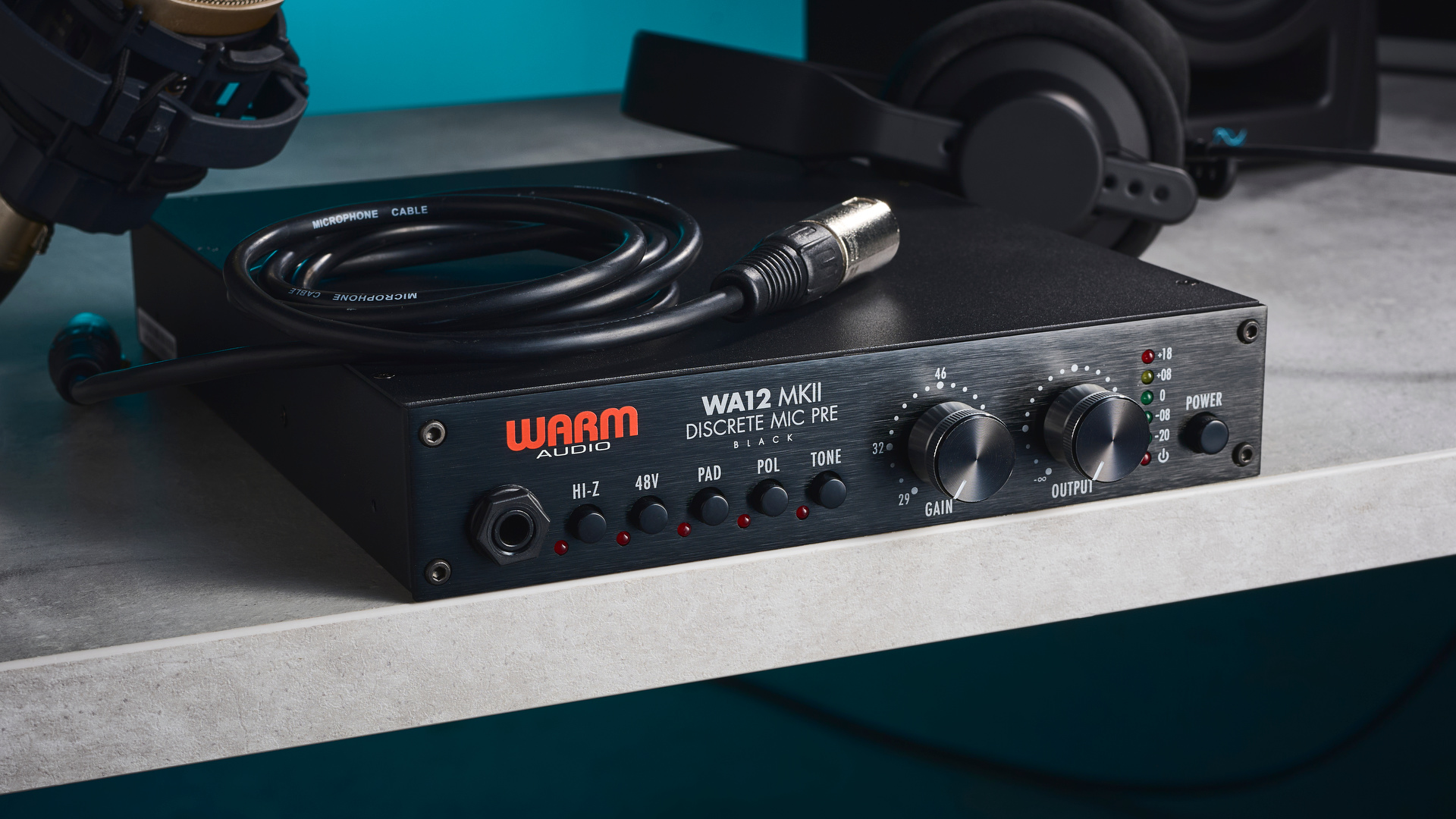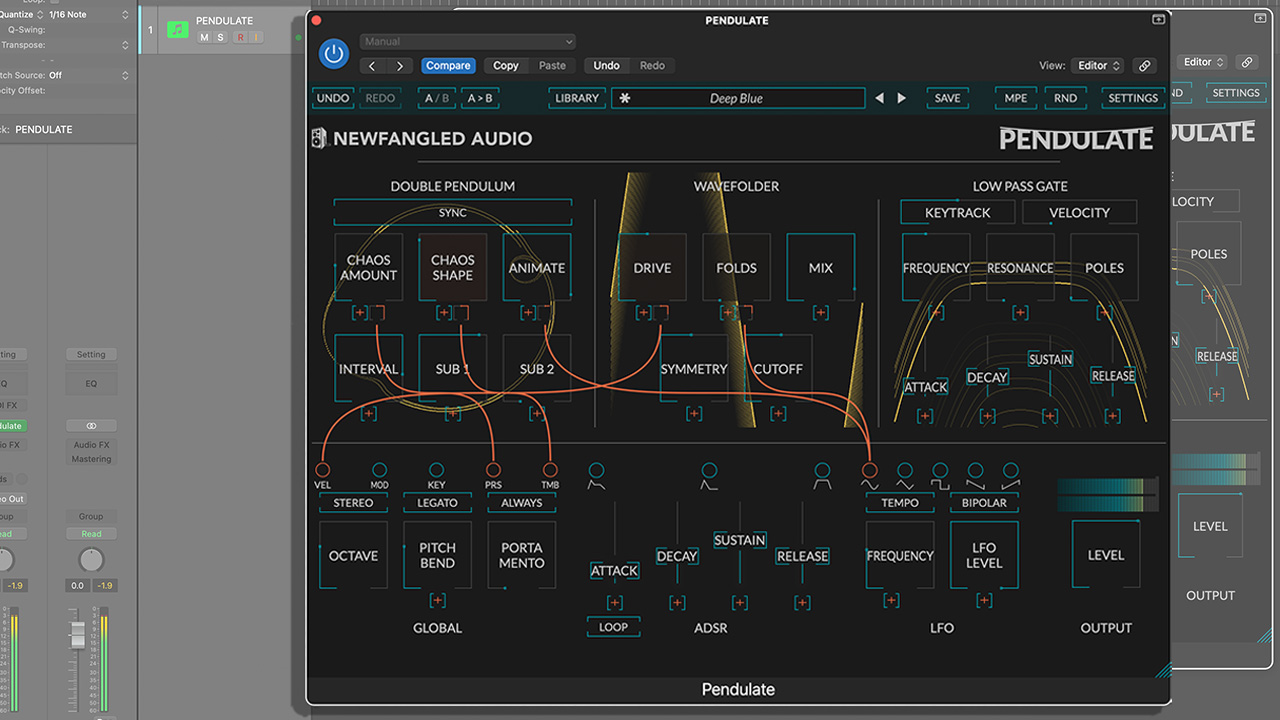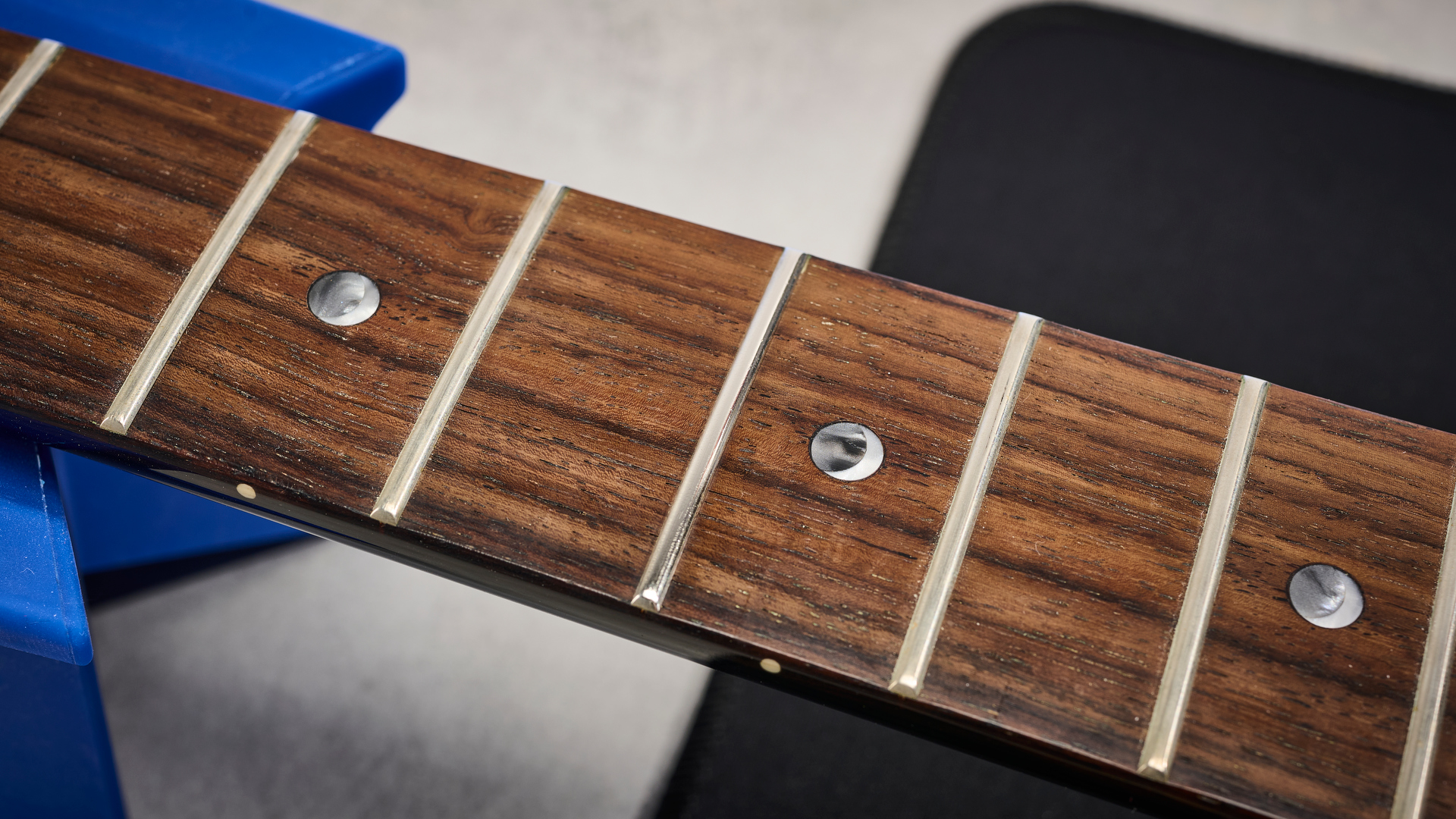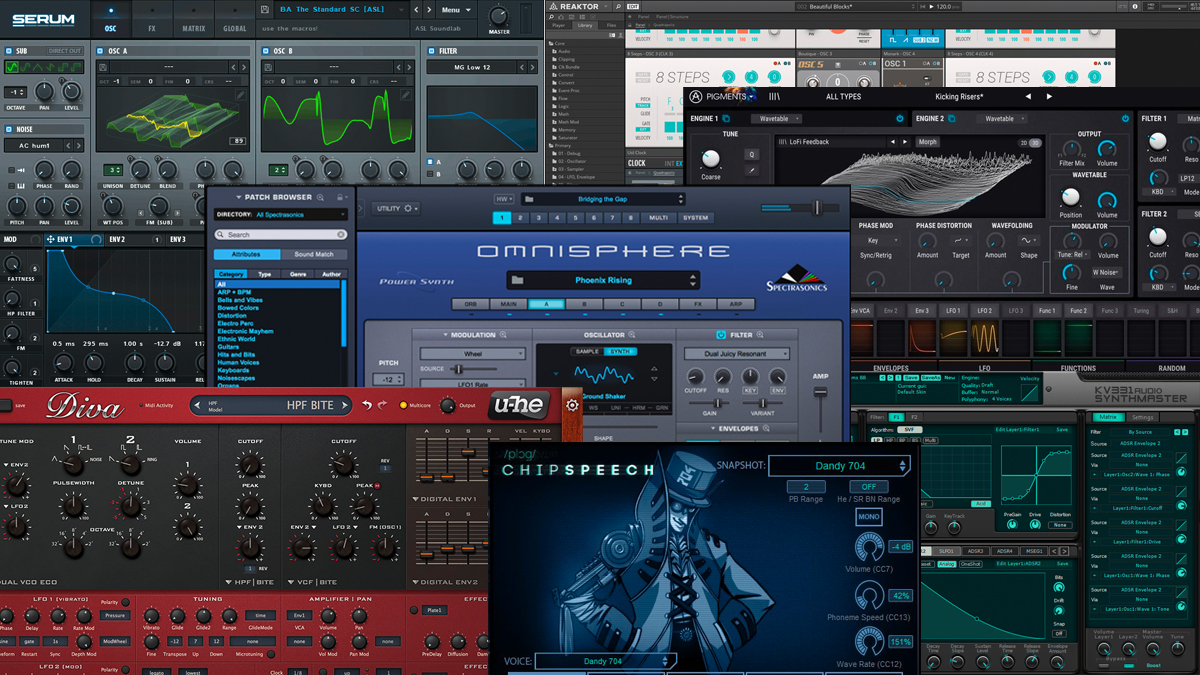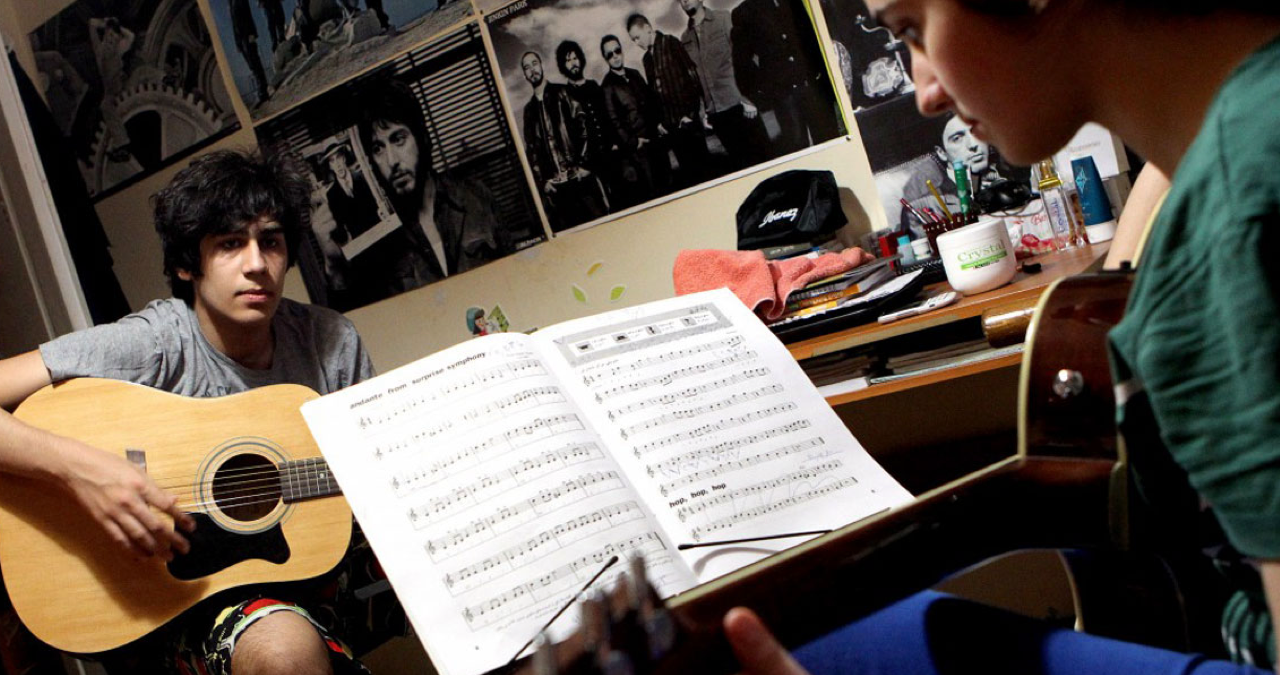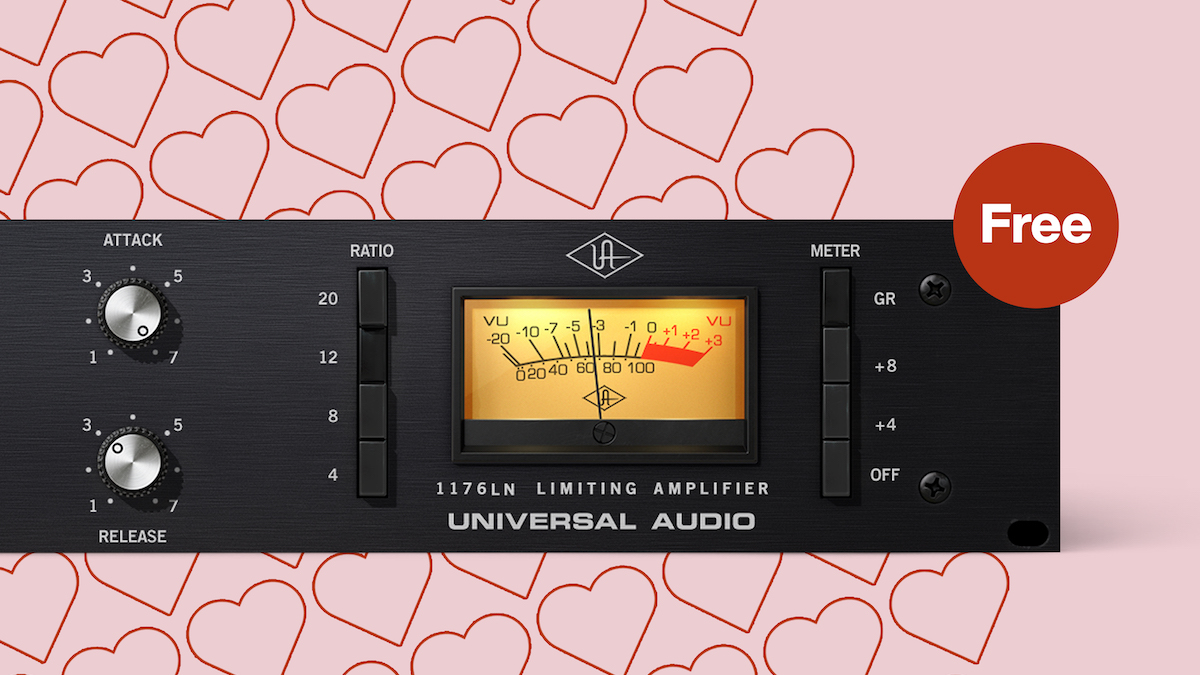"Most of Phoebe Bridgers' songs have a strong guitar theme throughout and included in this are some very interesting chords": Learn 4 here to inspire your playing
Cherrypicking voicings from the catalogue of one of the most influential songwriters in recent years

Phoebe Bridgers is making some serious waves in the Indie world. Her music is based around intricate acoustic folk ideas with layers of electronic elements, dreamy vocals and melancholic lyrical themes.
With folk being the heart of her writing style, most of her songs have a strong guitar theme throughout and included in this are some very interesting chords. In this lesson we’re going to look at some of those for inspiration.
Em6
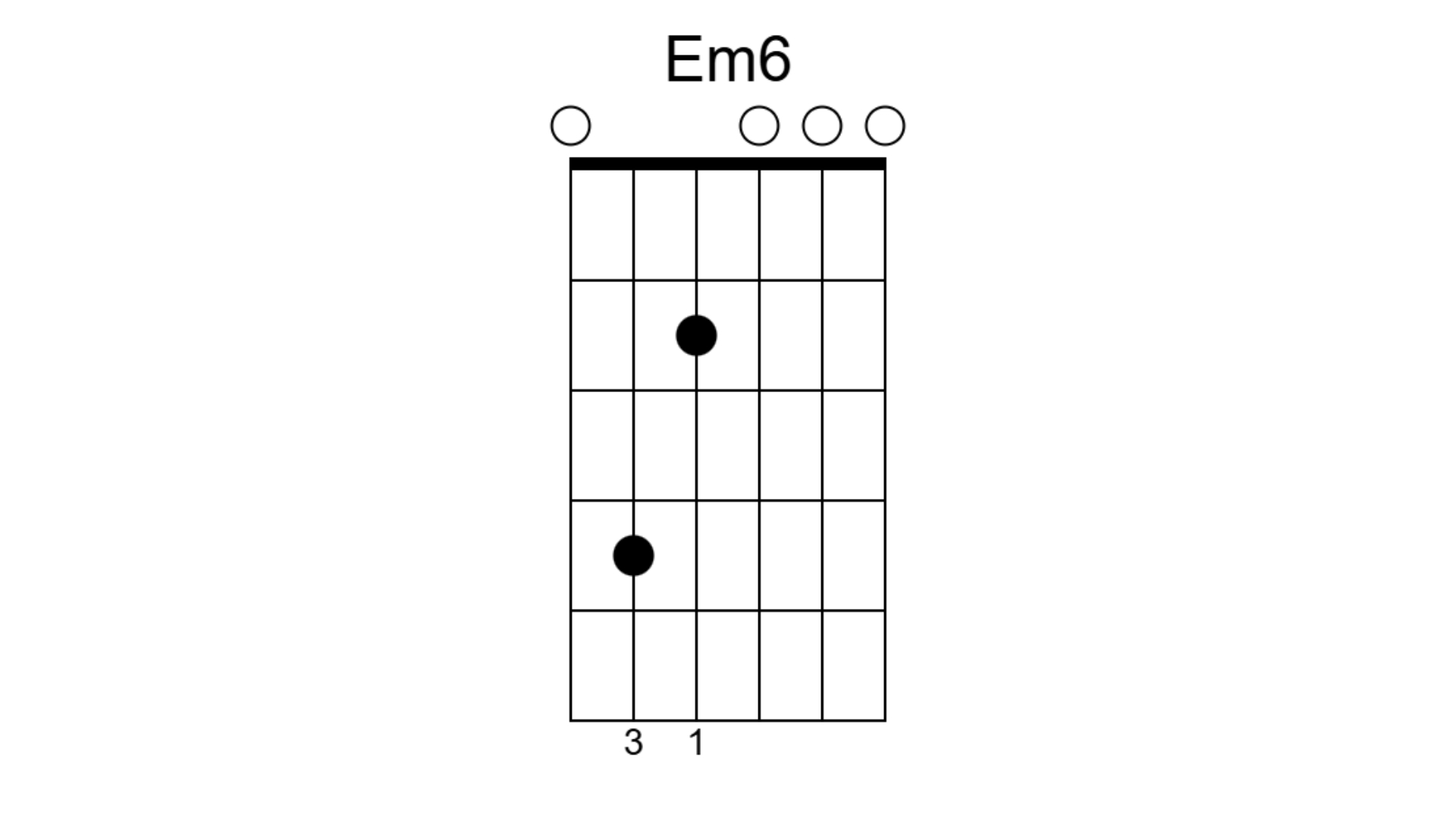
The track Would You Rather features this really interesting Em6 chord. Min6 chords are not typically found in many mainstream songs. These chord types are usually found in Jazz.
In this song, the Em6 is one of the final chords you hear in the song. The m6 chord always feels unresolved and adds a sense of tension to a progression.
Gmaj7
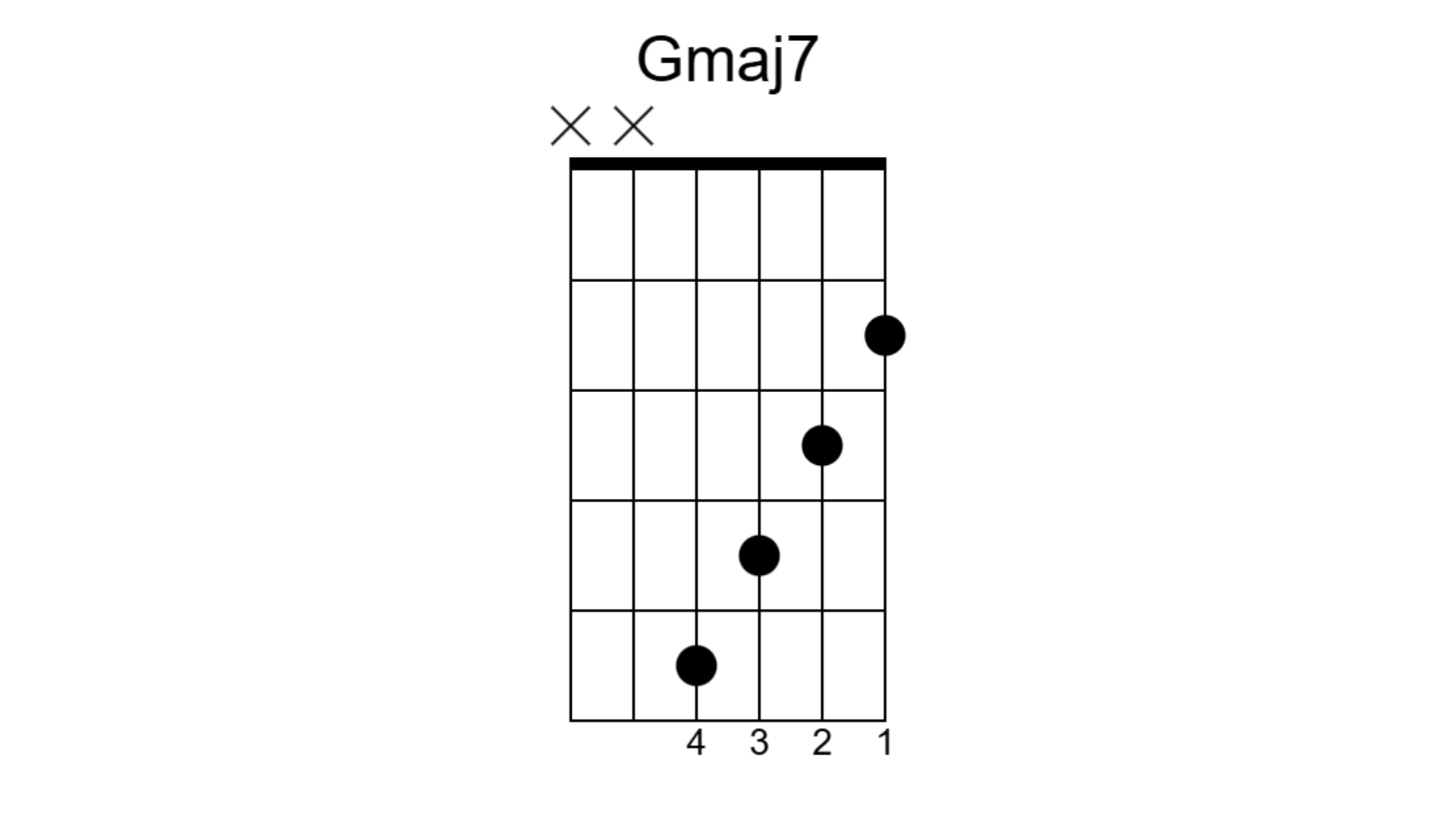
In the chorus of the track ICU you will hear this arpeggiated Gmaj7 chord. This particular 4 string voicing of a maj7 chord has a somewhat haunting quality instead of the usual rich and melodic sound we expect from maj7 chords.
With this major7 voicing, all the notes are stacked in order from root to maj7.
G/B
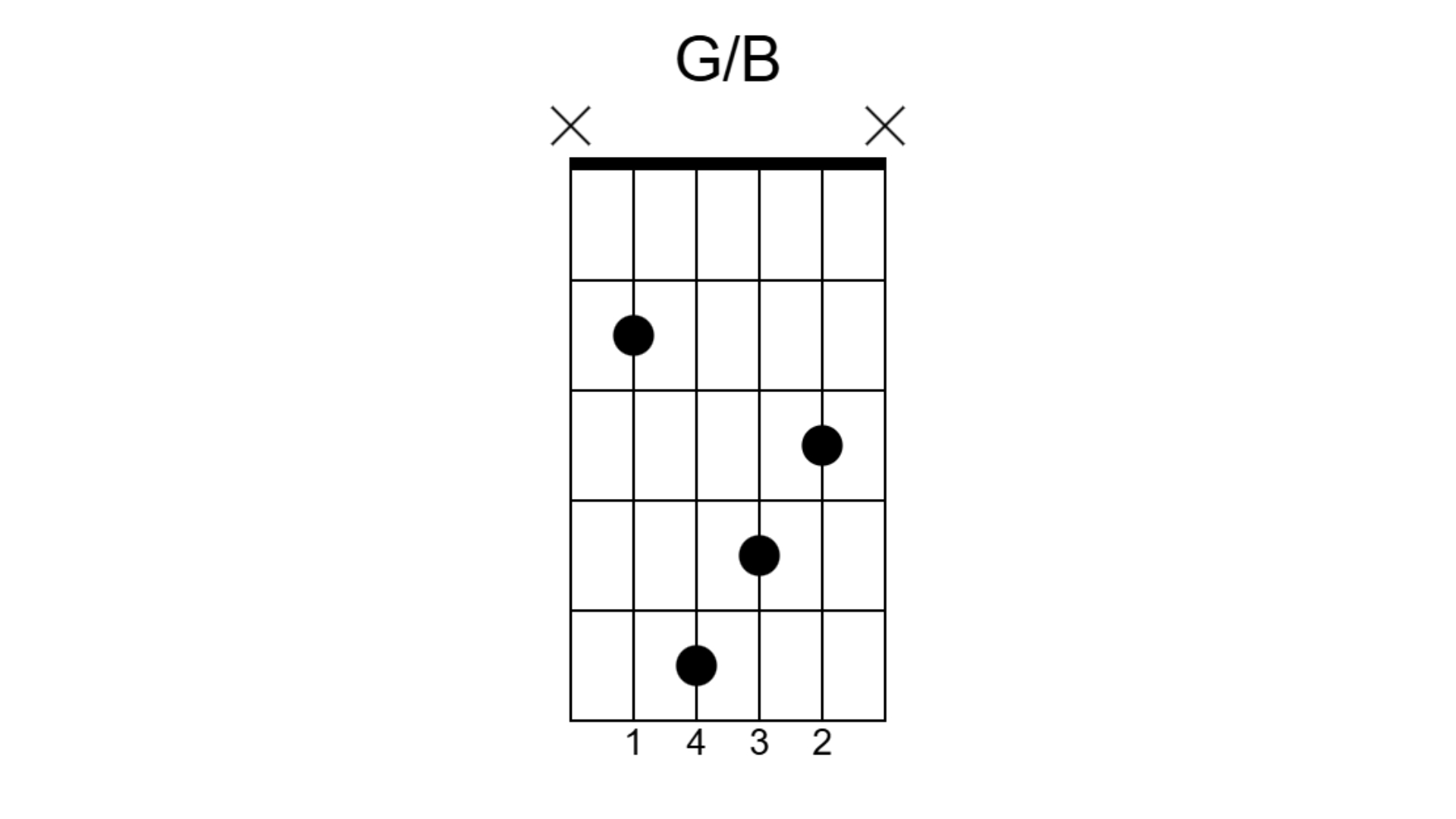
This chord, found in the intro to the song Demi Moore, is a G major triad with a B in the bass. This is an interesting voicing because it can be used in two different ways.
Get the MusicRadar Newsletter
Want all the hottest music and gear news, reviews, deals, features and more, direct to your inbox? Sign up here.
This chord shape is a great way to use a triad as your chord with some alternate bass notes. This can be especially useful in a song with a moving bassline that moves around a single chord.
Dadd4
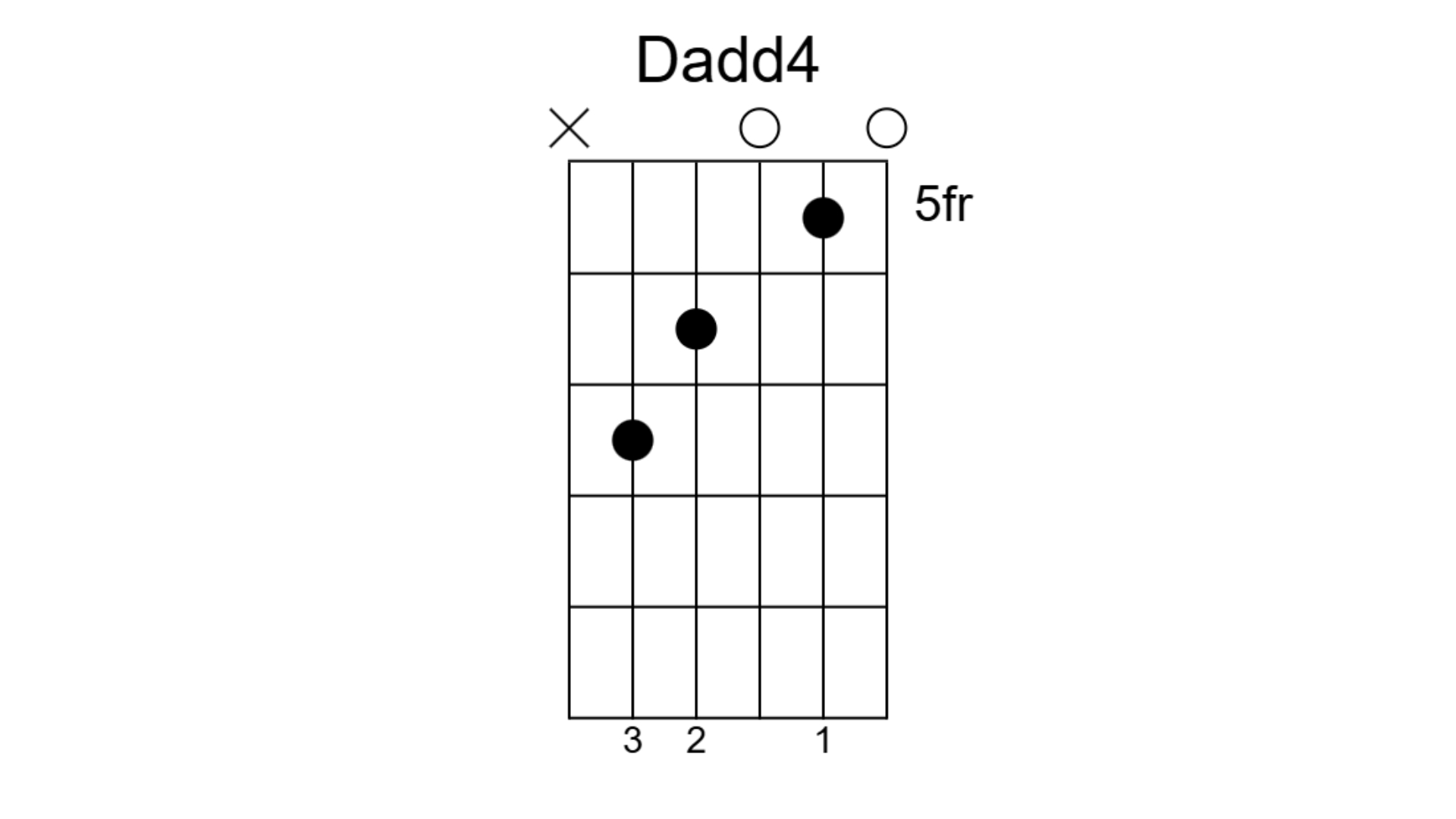
The Dadd4 chord that starts the track Garden Song is a really easy chord to play, but adds a very interesting substitution for a D chord to your arsenal. The studio version of the track is tuned down a full step to D standard tuning, but this chord also works in standard tuning.
The add4 note is different to the sus4 that you might usually add to a D. Instead of the tension of a sus4, we’re adding the 4 as an add4 alongside the existing major chord to give a very harmonically rich-sounding chord.
Leigh Fuge is a guitar player and content creator with a love for all things '80s. When he’s not creating gear demos for his Youtube channel he’s teaching students via his online guitar course Right Notes Music Tuition. Off camera he spends most of his time travelling around the UK performing at functions and corporate events. www.instagram.com/leighfugeguitar

